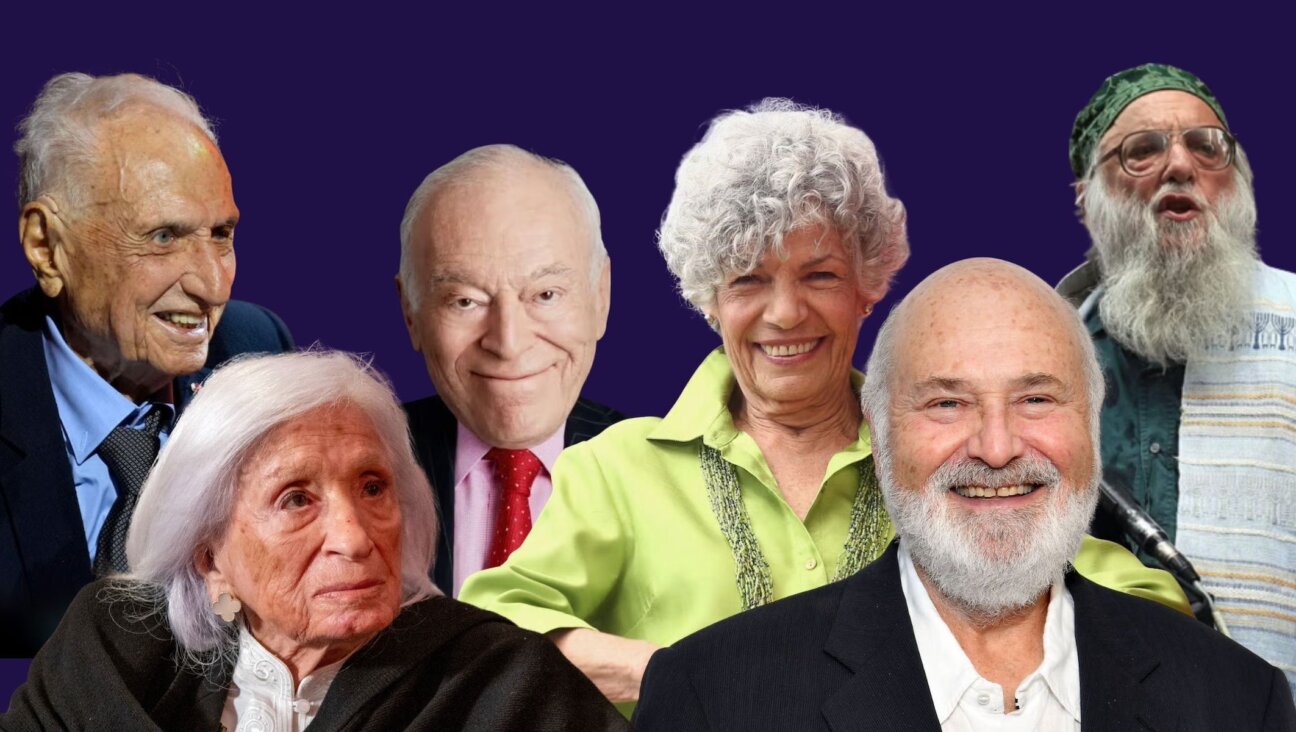Reuven Rivlin Cancels Appearance by Israeli Singer After Anti-Arab Song

Reuven Rivlin Image by Getty Images
Israel’s president cancelled an appearance at his official residence of an Israeli singer after he released an anti-Arab song.
The office of President Reuven Rivlin on Tuesday announced that singer Amir Benayoun would not be allowed to perform at the event scheduled for Sunday at the President’s Residence in Jerusalem to mark the exile and expulsion of Jews from Arab Lands and Iran.
Benayoun on Sunday released a song called “Ahmed Loves Jerusalem.”
The song, about an Arab-Israeli student in Jerusalem, says that he is “ungrateful scum.”
“It’s true, but I am not guilty, I wasn’t brought up on love. It’s true that the moment will come when you will turn your back on me, and I’ll stab you right in the back,” the song continues. “Today I am moderate and smiling. Tomorrow… I will send to hell, a Jew or two.”
Benayoun often writes songs connected to current events.
“Amir Benayoun is a renowned and exceptional artist, and his talent has greatly contributed to Israeli music. However, his statements made at this time of conflict and tension, even if uttered out of frustration and pain, do not, to say the least, help bring calm to the streets, and are inconsistent with the responsibility required of the President’s Residence, and of all institutions with influence over the public discourse, to work to alleviate tensions, and promote cooperation rather than division in Israeli society,” the President’s Office said in its Tuesday statement.
Benayoun responded to the announcement saying he continues to respect the office of the presidency and President Reuven Rivlin and that he is happy Rivlin occupies the office at this time.
In a Facebook post on Monday Benayoun said the song is “expressing my feelings only” and “is not a call for violence against any person.”
“To everyone who is shocked – I suggest that you first of all be shocked and concerned by the terrorism affecting the country,” he wrote. “There are much more shocking things than a song that expressed nothing more than pain and fear.”















